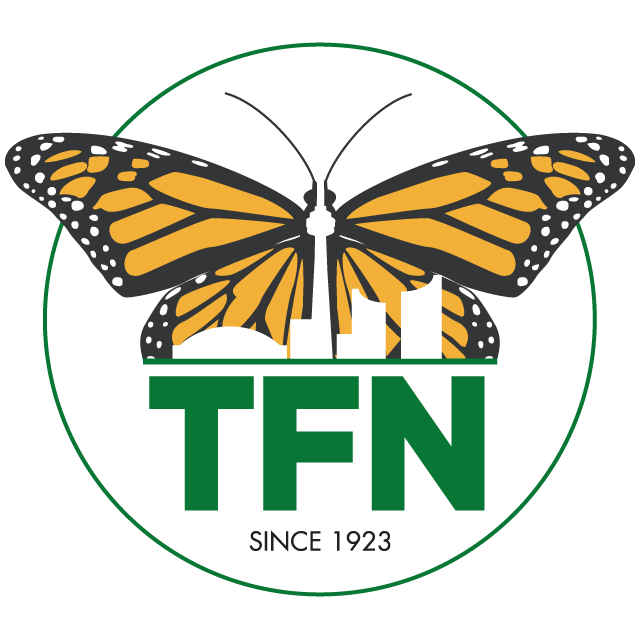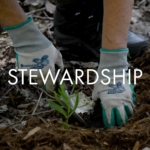Donnell Gasbarrini talks about the Blanding’s Turtle Head-start Program, why the turtle is at risk, and how to report observations or help injured turtles.
Bruce Thompson describes the Eastern White Pine and its white pineness, its commercial significance, how it sparked revolutions, its importance to ecosystems and where to see them.
Paul Overy discusses John Howard's 1836 land purchase evolving into High Park, its Black Oak Savanah and other natural features, and public pstewardship activity.
Ellen Schwartzel discusses fish and particularly American Eels, their complicated life cycle involving migration to the Sargasso Sea, their importance to Indigenous and settlers' diets and trade, and their recent population collapse.
Jason Ramsay-Brown talks about botanical chalking: what it is, how it started, and its powerful possibilities increase awareness of nature.
Bruce Thompson discusses the prehistoric origin of ferns, their unique reproduction strategy, and preferred places to grow.
Richard Partington talks about Manitoba Maples: how they contrast in look and use from other maples, and where to find them in Toronto.
Anne Purvis discusses the Gypsy Moth, its life-cycle, and the impact of its defoliation of trees, especially oaks. A non-native, it has no natural predators and various methods of control are described.
Mary-Kate Whibbs describes native freshwater mussels and the role of fish in reproduction, and compares them with non-native Zebra and Quagga mussels.
Bruce Thompson describes Painted Lady Butterflies, where to see them and their impressive migration!
Sophie Breitbart discusses scientific names "binomial nomenclature", the long history of classifying organisms, the impact of the scientist Linnaeus, and origins of names. from Latin, Greek and Indigenous languages.
Jonathan Harris describes the importance and many uses of community gardens, where to find one or how to start one..
John Carley talks about the Toronto Centre Butterfly Count begun in 1995 and its results, how counts are conducted, and how you can get involved.
Ellen Schwartzel describes the native American Elderberry shrub, its cultural and medicinal significance, and its star turn in the 1944 movie "Arsenic and Old Lace".
Bruce Thompson identifies the Northern Cardinal, their relationships, when/where to see them and why they’re a successful species despite many predators.
Nancy Dengler describes how a young American, John Muir, came to 1860s Ontario and documented nature in central and southern areas. After returning to the U.S. in 1867, he eventually became America's most influential naturalist and conservationist.
Paul Overy describes the origin and history of the Laurentian Channel from prehistoric to present time, its accidental discovery in 2003 and need for stewardship.
Richard Partington talks about Cottonwood Trees: what they look like, where they grow, and the use of their aromatic resin.
Ellen Schwartzel describes the difficulty of identifying different warblers, their long migrations, and when and where to see them in the GTA.
Jon Harris describes the Kentucky Coffee-tree and its unique seed pods.and leaves, where it is found, and reproductive challenges.










